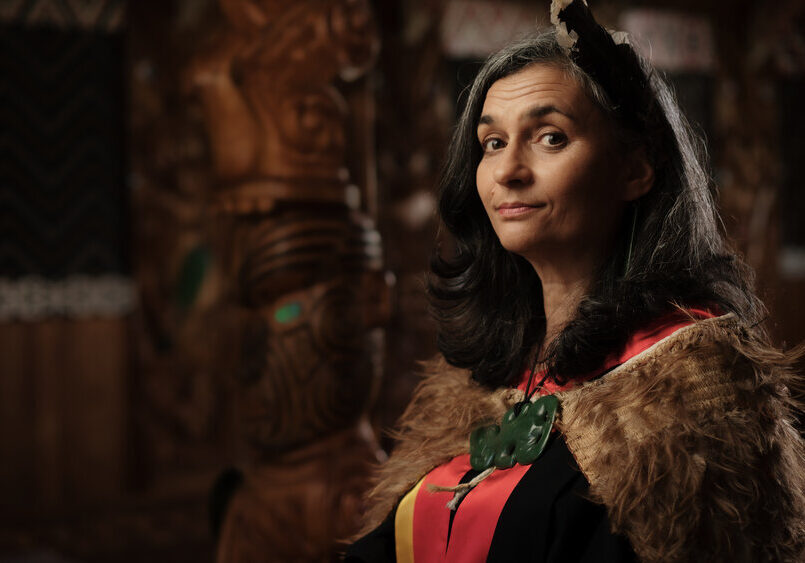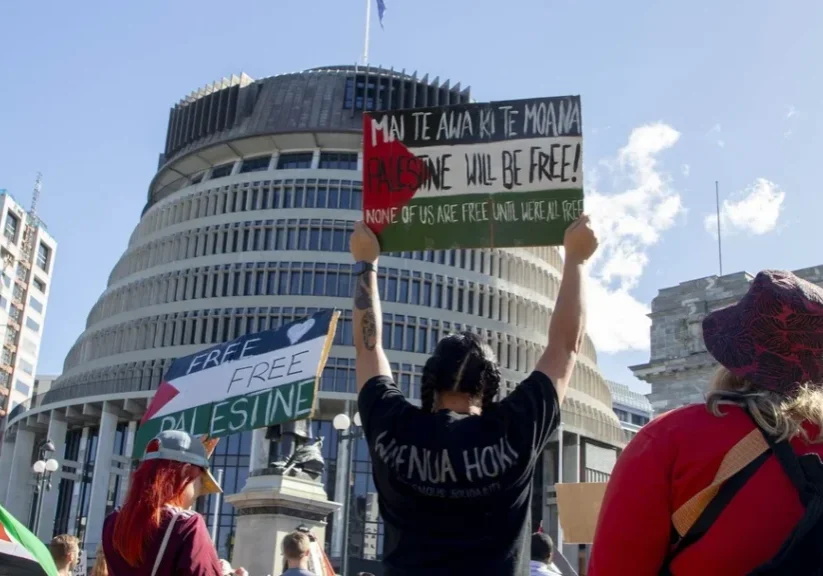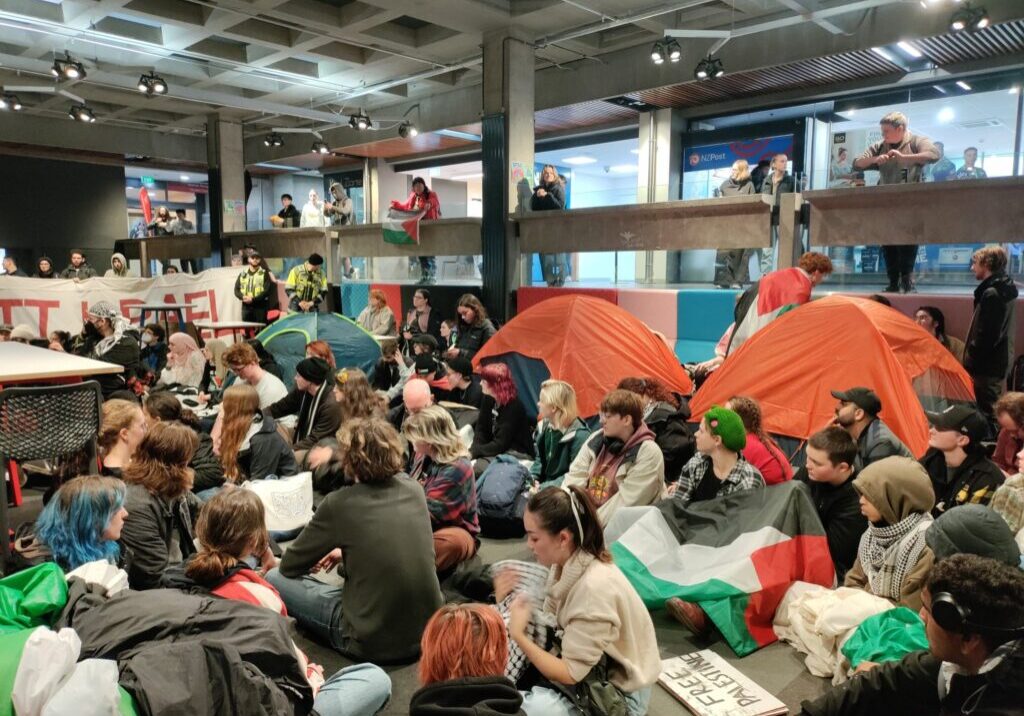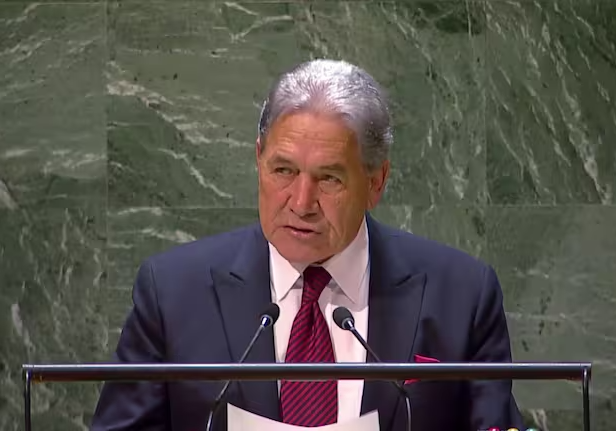Australia/Israel Review
AIR New Zealand: Controversial visit exposes hypocrisy
Sep 22, 2015 | Miriam Bell
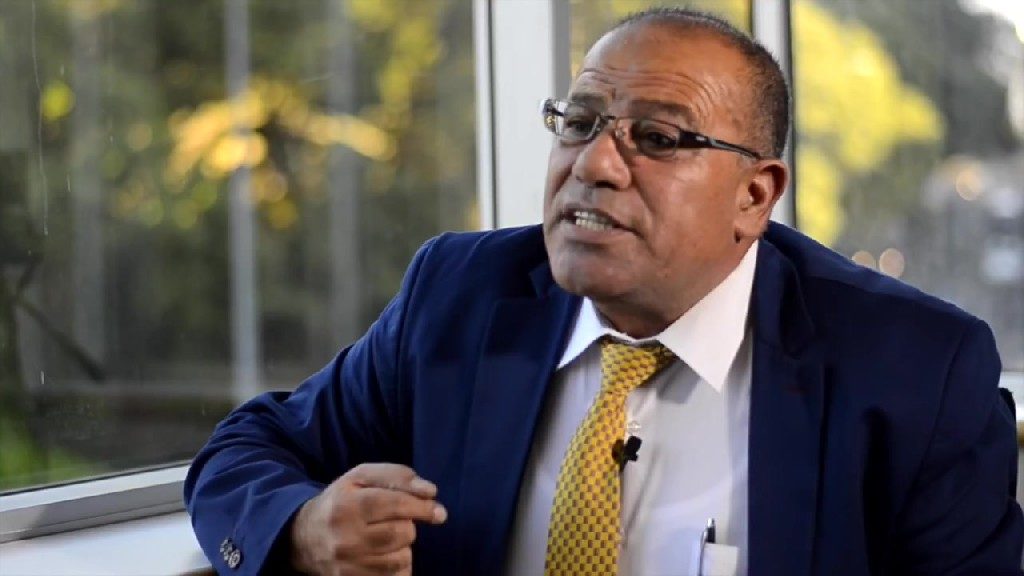
Miriam Bell
Universities are meant to be the home of free speech and discussion. It is their historical role. And yet, populated as they are by the young and impressionable, tertiary institutions have been particularly susceptible to the anti-Israeli sentiments of the Boycott, Divestment and Sanctions (BDS) movement.
Palestinian human rights activist Bassem Eid has been openly vocal in his opposition to, and condemnation of, the BDS movement and all that it represents. This may have played a part in the hostility that greeted his recent visit to New Zealand.
However, that hostility, in turn, exposed some of the ugly hypocrisy which is circulating in some sectors of New Zealand academia.
The Astor Foundation, which has a focus on human rights issues, sponsored Eid’s trip to New Zealand. It invited him because it felt his messages fit with the Foundation’s goal to facilitate intercultural dialogue for greater peace and harmony.
Born in Jerusalem, Eid spent the first 33 years of his life in the UNRWA Shuafat Regugee Camp. He has worked with organisations like B’Tselem [the Israeli Information Centre for Human Rights in the Occupied Territories] and is now a political analyst and commentator.
Eid’s perspective on Palestinian affairs is a bit different to most Palestinian activists. He is very critical of the Palestinian leadership – citing corruption as one of the leading causes of ongoing Palestinian suffering – and believes it is wrong to focus solely on the Israeli side of the conflict.
These views are not embraced by pro-Palestinian groups. One in New Zealand accused Eid of “hysterical, anti-Palestinian ranting” and of being an “asset for racist, Zionist organisations dedicated to undermining Palestinian rights.”
The Astor Foundation’s Gael Keren, who organised Eid’s visit, said she had suspected there might be some backlash to his visit from within academia, but she didn’t expect what they received. In order to secure two lectures for Eid, she had to approach 28 different individuals and organisations within two universities.
“The most shocking thing was some of the messages that I received from some academics when they were declining to host Eid’s lectures,” Keren said.
For example, AUT associate professor of sociology Dr. Love Chile said he didn’t agree with Eid’s philosophical/political position and was not prepared to expose his students to that sort of individual. “That is essentially censorship. I found it very distressing and disappointing,” Keren added.
Eventually, the Mira Szászy Research Centre and the New Zealand Fabian Society agreed to host Eid’s lectures at the University of Auckland. Then, just two days before the first lecture, the Fabian Society pulled out, citing “the degree of tension in this issue and how the Palestinian view is represented.”
The Fabian Society’s tradition is one of promoting free and open debate. Its vision is “the advancement of New Zealand Society through progressive education and debate.” How its actions in this situation support these goals is a mystery.
However, with the continued support of the Mira Szászy Research Centre, Eid’s lectures went ahead. A small group of protestors turned up: they handed out material and accused Eid of being a Zionist and a “traitor”.
Keren said the lectures, in which Eid did include some criticism of Israel, were generally well-received. “Essentially, his message was that there is absolute corruption within the Palestinian Authority and there is a need for genuine support of the Palestinians – as opposed to the sort of grand-standing and politicising that we currently see.”
While Keren had expected some negativity and some pro-Palestinian views in response to Eid’s visit, she said. “I was also very disappointed by the lack of student involvement. I have been told students have been affected by the BDS movement – and they just didn’t turn up.”
Eid also gave a number of presentations to the Jewish community. Keren said these events went beautifully, with high turn-outs and receptive audiences.
On a happier note, a week earlier the Astor Foundation had hosted UN Watch Executive Director Hillel Neuer for a highly successful series of lectures and roundtable meetings in Auckland and Wellington.
Keren said Neuer made it clear that he wanted to fly under the public radar during his time in New Zealand. His visit was organised accordingly – although it is likely that Neuer’s central message of the need to reform the United Nations was never going to be as polarising as those of Eid.
Meanwhile, New Zealand’s mainstream media was largely oblivious to both visits.
Keren felt this was an indication of the widespread lack of engagement with complex issues that often characterises local media.
Some of the response to Eid’s visit to New Zealand demonstrates the sort of knee-jerk rejectionism which often characterises debate on Israel-related issues the world over. But, as a nation, New Zealanders pride themselves on being fair and objective. Let’s hope that what the naysayers to Eid’s visit represent is ultimately drowned out by the fair-minded Kiwi majority.
This article is featured in this month’s Australia/Israel Review, which can be downloaded as a free App: see here for more details.
Tags: Australasia, New Zealand

